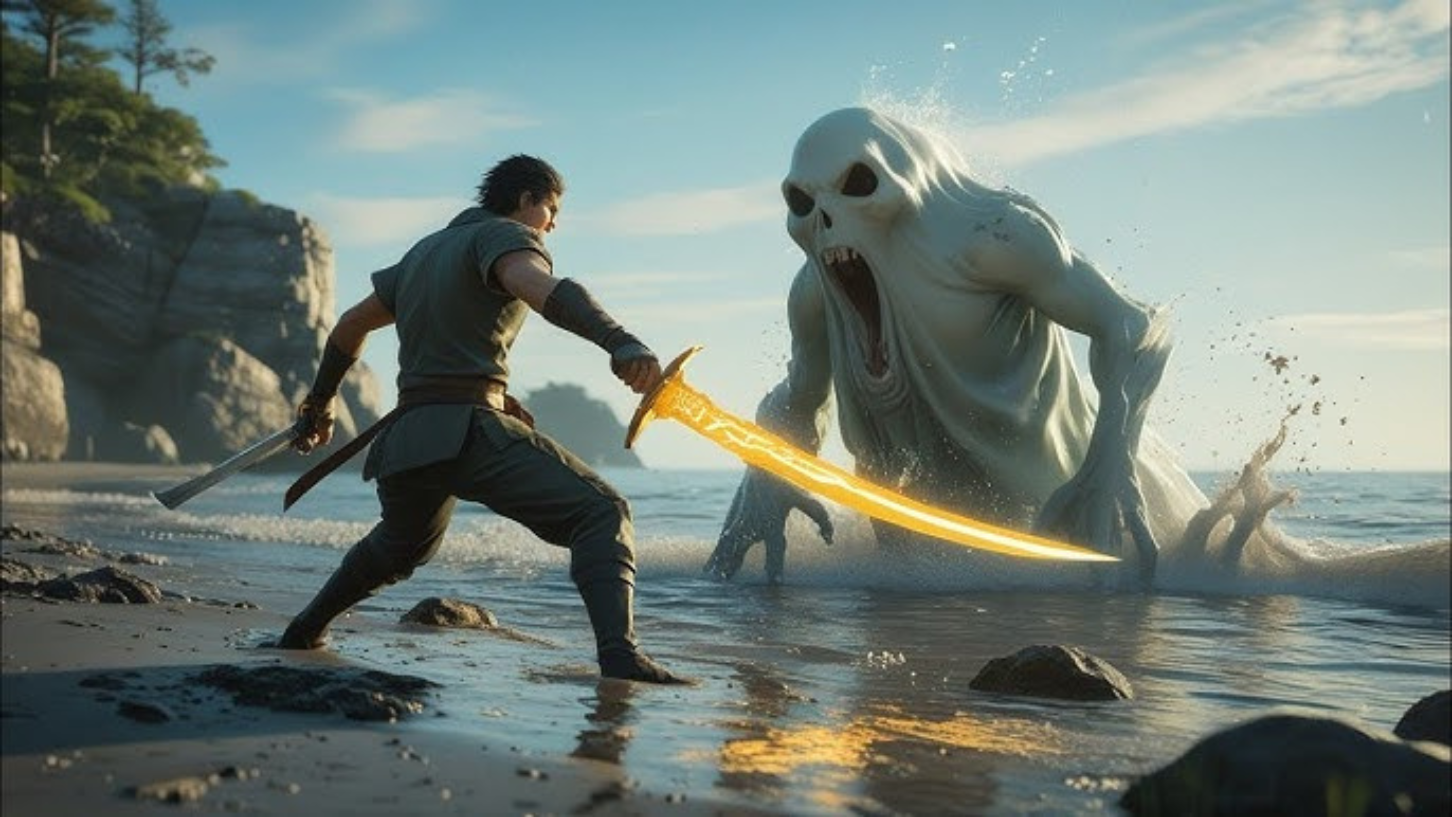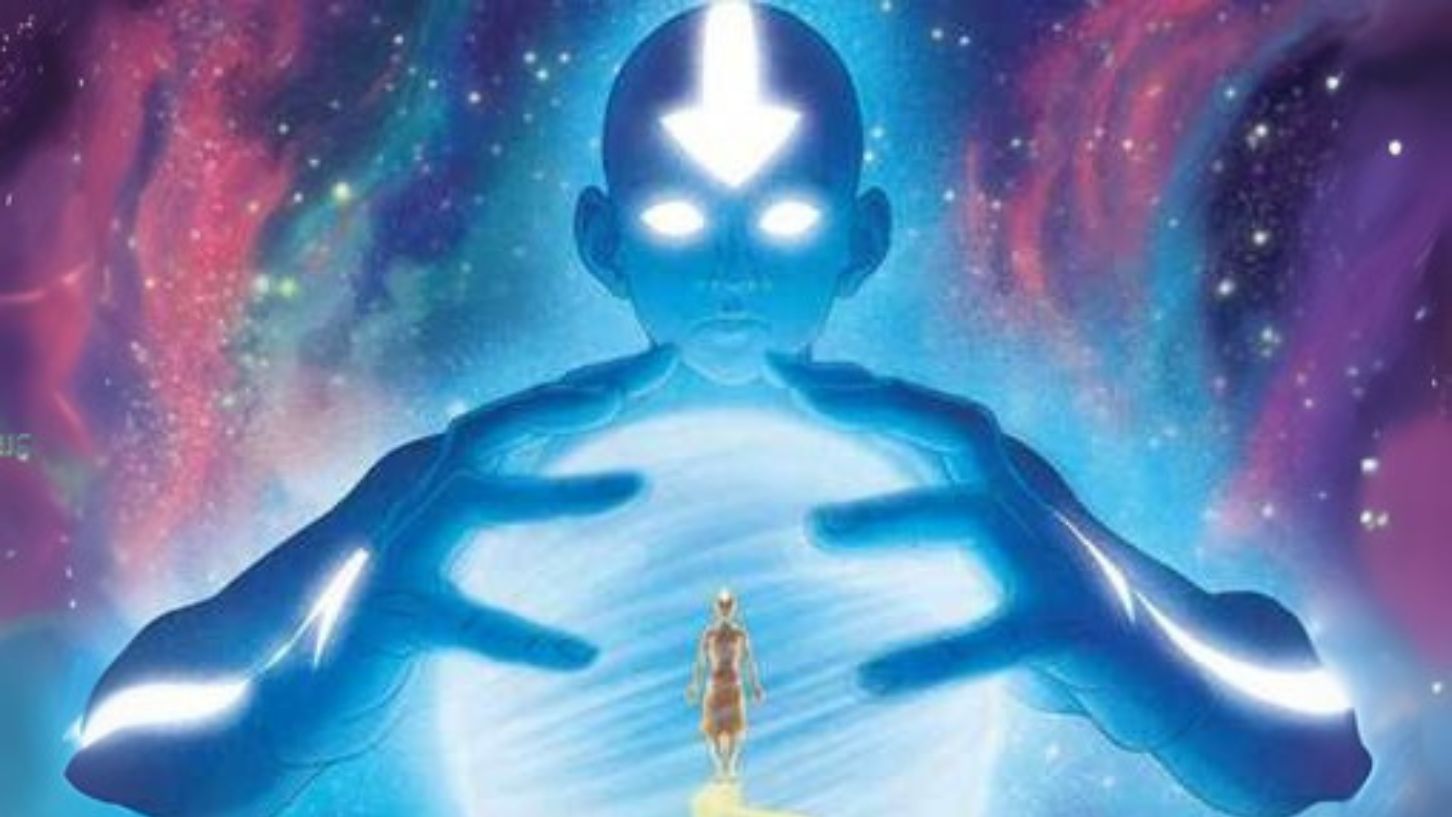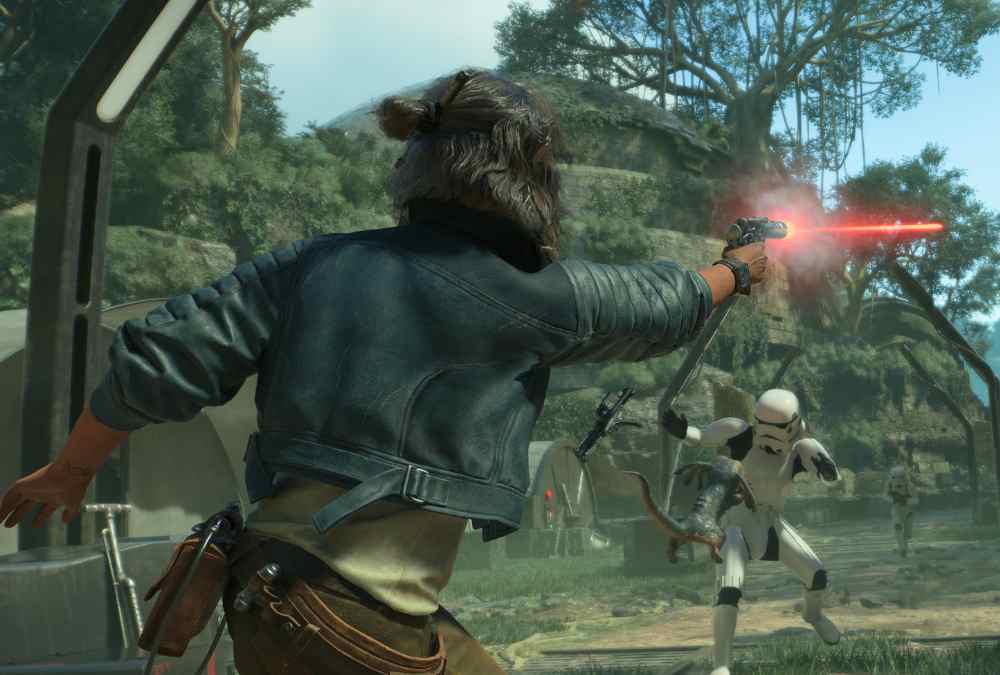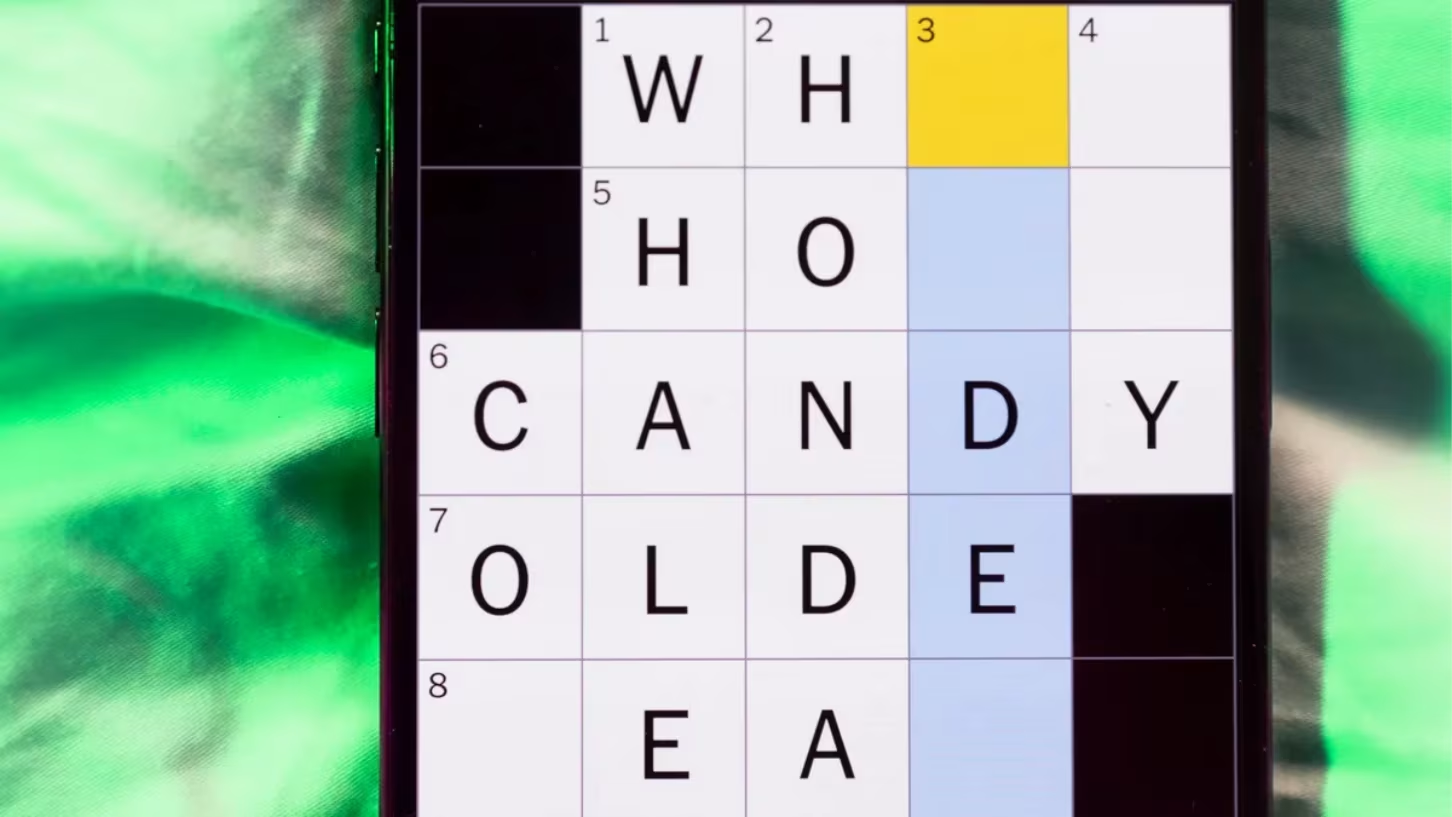Hideo Kojima’s masterwork reaches new heights in this deeply cinematic and emotionally resonant sequel. Set towards sprawling landscapes in Mexico and Australia, this sport reinvents the system that made the original a cult traditional, packing richer gameplay, a stellar forged, and an unforgettable narrative that cements Kojima’s legacy.
Death Stranding 2: On the Beach Review – A Seamless Evolution
From the moment gamers boot the game, it’s clear that Death Stranding 2: On the Beach is an evolution, now not just a sequel. The movements are denser, the mechanics are more intuitive, and the tools are more accessible. Within the primary hour, Sam Bridges gains early right of entry to guns and cars—an immense leap from the gradual unlocks of the 2019 original. The focus on logistics-based gameplay remains, but it’s now balanced by stealth and nonlethal combat options, thanks to tranquilizer rifles, robotic allies, and even the new monorail system that revolutionizes infrastructure-building.
Cinematic Brilliance and Striking Performances
Kojima’s hallmark cinematic flair has never been sharper. Featuring performances from Léa Seydoux, Luca Marinelli (as Neil), and directors like George Miller and Nicolas Winding Refn in character roles, the game feels like an interactive film. The cleanest narrative since Metal Gear Solid 3 unfolds, delivering emotional payoffs that linger long after the credits roll. Reviewers praise this balance of spectacle and storytelling—Forbes hails it as a “GOTY contender,” and r/Games calls it “Kojima at his most Kojima”.
Enhanced Gameplay: From Walking Simulator to Strategic Adventure
The gameplay builds on the original’s signature mechanics while adding ambitious layers:
Infrastructure depth: Players can now build highways and monorails, transforming isolated regions into interconnected systems.
Combat variety: A greater focus on non-lethal combat, with expanded stealth tools and new enemy types, offers multiple routes to tackle objectives.
Dynamic world: Timefall rain, environmental threats, and natural disasters dynamically reshape the world, keeping every delivery unpredictable.
Critics note the experience still carries the original’s logistical challenge, but enhanced variety and quality-of-life improvements make it more approachable.
Visuals, Audio & Emotional Resonance
Powered by the Decima engine on PS5, On the Beach offers breathtaking vistas—from sunburnt deserts to storm-lashed roads. However, it’s the soundtrack that elevates the experience: French composer Woodkid, returning veterans Ludvig Forssell and Low Roar, and standouts like Caroline Polachek and Magnolian deliver a profoundly evocative score. These musical elements interweave cultural and emotional themes, enriching what becomes a moving journey about human connection.
Mixed Moments: Combat and Solo Feelings
Even masterpieces have their critics. Some reviewers find base combat “cumbersome” compared to the best in stealth-action genres. Others mention that the world can feel emotionally barren when played without online connectivity. However, communal infrastructure—players building roads and leaving equipment for others—reinforces the central theme: connection, even in solitude.
Critical & Community Reception
Critics are almost unanimously laudatory. Scores include:
- Forbes: “GOTY contender”
- CGMagazine: 9/10—“builds on its predecessor… improving what didn’t 10‑fold”
- COGconnected: 100/100
- GamingBolt, Push Square, PlayStation Universe: multiple 9–10/10 scores
Meanwhile, Reddit highlights its emotional depth and Kojima’s signature idiosyncrasies:
“It’s Kojima at his most Kojima, a visionary building a type of experience that only he can.”
Although a few speculate it retreads too much of the original’s formula, many praise the refinements-first approach, deeming it a more polished, accessible experience.
Legacy of Kojima & Lasting Impact
“On the Beach” feels like the apex of Kojima’s current creative arc. It blends filmic ambition with robust gameplay and emotional resonance—something earlier trademarked by Metal Gear Solid, now revisited on a grander scale. Its conclusion has been called Kojima’s most crowd-pleasing finale in two decades. It’s not just another game—it’s an artistic statement about connectivity, empathy, and human expression through digital media.
Conclusion: A Must‑Play Sequel
In summary, the Death Stranding 2: On the Beach review reveals a game that surpasses its predecessor in cohesion, ambition, and emotional depth. It’s a landmark: cinematic yet mechanical, reflective yet dynamic. Whether you’re here for the story, the gameplay loop, or the communal online world-building, it delivers a powerful, stirring experience.
If you loved the original—or want to explore something wholly unique on PS5—this sequel is essential. With its blend of storytelling finesse, gameplay innovation, and audiovisual mastery, Death Stranding 2: On the Beach isn’t just a video game—it’s a connection to something larger, reminding us of the echoes we leave in each other’s lives.



